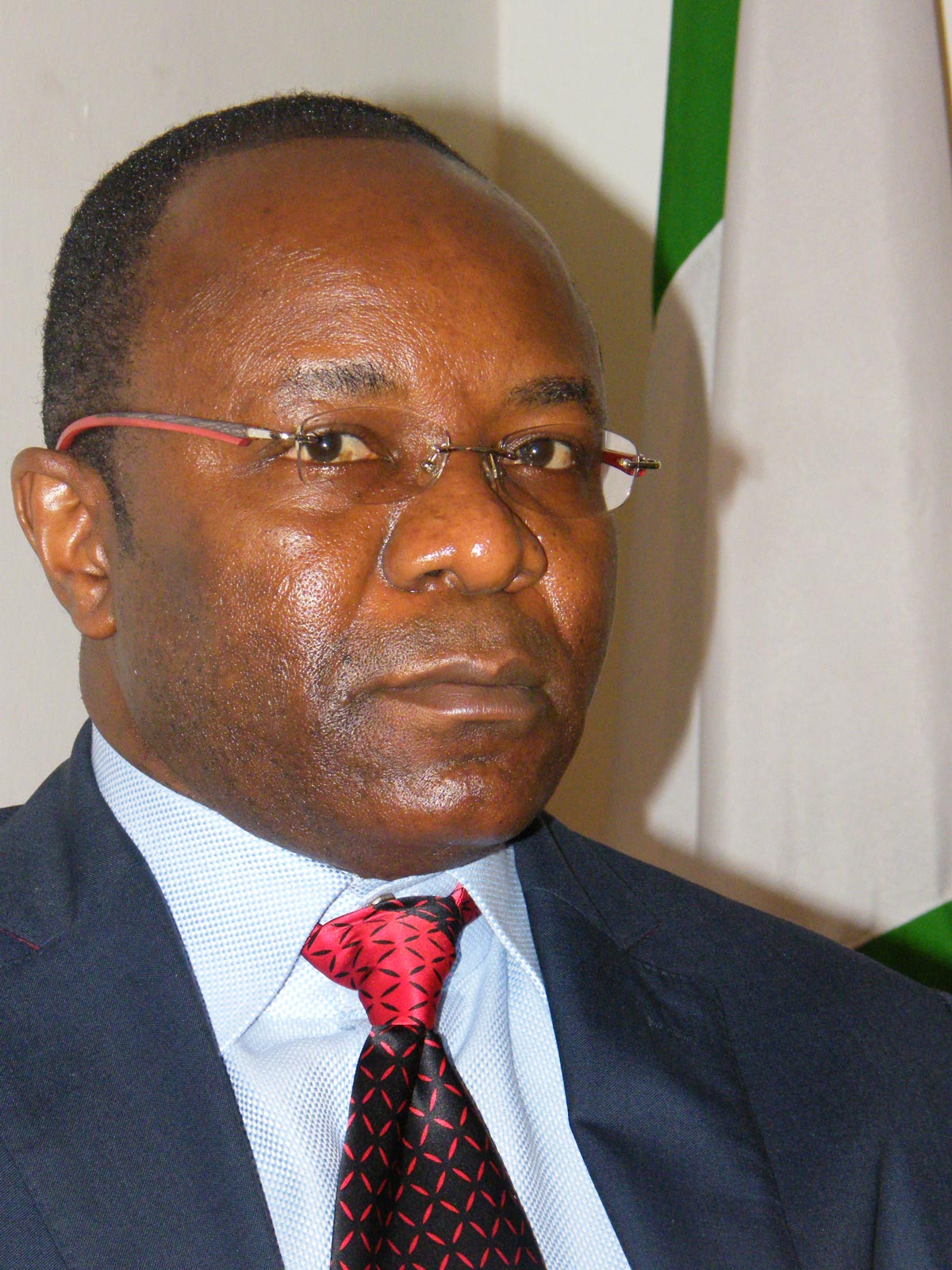Unperturbed by recent disagreements among members of the Organisation of Petroleum Exporting Countries (OPEC), minister of Petroleum Resources, Dr. Ibe Kachikwu, has stated his conviction that the days of $50 a barrel of oil is coming.
He also said he was unrelentlessly continuing to push for production freeze consensus.
The minister told media outfit, CNBC, that he was hopeful that OPEC members would be able to come to an agreement to freeze oil production as a way to combat the low oil price.
“The minister for energy in Qatar and the president of OPEC is leading that pact and there is a lot of conversation going on and there’s a lot of consensus building on the issue of the freeze,” Kachikwu said in an interview with CNBC’s Fast Money.
“Saudi Arabia and Russia are aligned on the issue of a freeze, so I think the chances are very high.”
Kachikwu, who expressed his belief that movements towards a freeze represent a big step in the right direction, told CNBC he remained confident of his plan to work with OPEC members, adding that “the Saudi’s are quite frankly in the forefront of pushing the freeze issue.”
He explained that a potential output freeze among OPEC members has made him bullish when it comes to oil prices in 2016, adding that he expects crude prices to take a major jump by the end of the year.
“I am certainly hoping for prices in the range of $45 to $50. I’m hoping a consensus can be built and that parties can begin to work together across the board, not just OPEC members, but also non-OPEC members,which is what the gulf states and most of us have pushed for. With that, you’ll begin to see movement upwards in those prices,” Kachikwu stated.
However, speculation over OPEC’s intentions about a freeze or cut in production has so far failed to result in higher crude prices. Saudi Arabia’s oil minister, Ali al-Naimi, has voiced strong resistance about a production cut, but has given his country’s support to a freeze. The country is now one of those pushing for a production freeze among both OPEC and non-OPEC members.
“Freeze is the beginning of a process, and that means if we can get all the major producers to agree not to add additional balance, then this high inventory we have now will probably decline in due time. It’s going to take time,” Naimi said at the annual IHS CERAWeek energy conference in Houston, recently.
“It is not like cutting production; that is not going to happen because not many countries are going to deliver even if they say they will cut production – they will not deliver. So there is no sense in wasting our time seeking production cuts,” he added.
Meanwhile, Brent crude, last Friday, closed above $35 while U.S. crude ended the week up 10.59 per cent for its best week since August 28, 2015.







